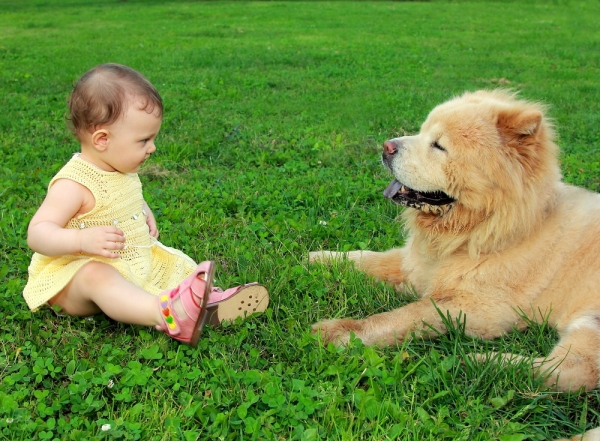It may sound a little gross, but a new study suggests that infants exposed to rodent and pet dander, roach allergens, and a variety of household bacteria in their first year of life appear less likely to develop allergies and asthma.
The study was conducted by scientists from the Johns Hopkins Children’s Center and other institutions, and was published June 6 in the Journal of Allergy and Clinical Immunology. It showed that early exposure to bacteria and some specific allergens could have an effect on shaping immune responses in young children.
This may help prevent allergies and asthma later in life.
Previous studies have shown kids who grow up on farms are less likely to develop allergies and asthma, while an increased asthma risk had been found in those who lived in inner-city areas. However, while the new study confirms children living in cities have higher allergy and asthma rates than their rural peers, children who encounter certain allergens before the age of one seemingly benefit from the exposure.
It was also shown the protective effects of allergen and bacterial exposure did not occur after the age of one.
“Our study shows that the timing of initial exposure may be critical,” study author Robert Wood, MD, chief of the division of allergy and immunology at the Johns Hopkins Children’s Center said in a statement.
“What this tells us is that not only are many of our immune responses shaped in the first year of life, but also that certain bacteria and allergens play an important role in stimulating and training the immune system to behave a certain way.”
By growing up in homes with mouse and cat dander, as well as cockroach droppings in their first year of life, the infants who were studied had lower rates of wheezing by the time they were three compared to the children not exposed to those allergens after birth. The researchers found the children exposed to all three allergens also had lower risk than those exposed to one or two of the allergens.
It was also found that children exposed to all three allergens were less likely to develop environmental allergies by the time they were three.
The study is by no means endorsing people to live in dirty homes, or encouraging you to attract mice and cockroaches for better health. However, if your baby plays in the dirt, interacts with a pet, or gets a little dirty, it may be better for them in the long run.
Also Read:
Sucking on Your Baby’s Pacifier May Prevent Allergies
10 Places for Allergy Sufferers to Avoid This Spring, and How to Cope if You Can’t

